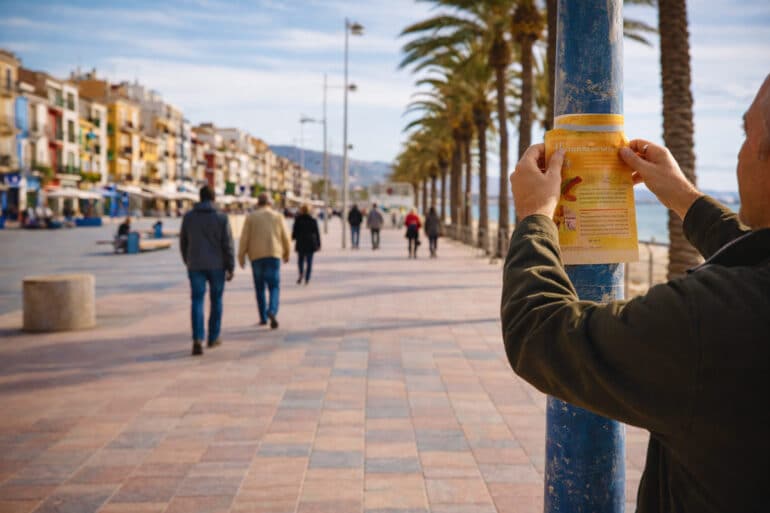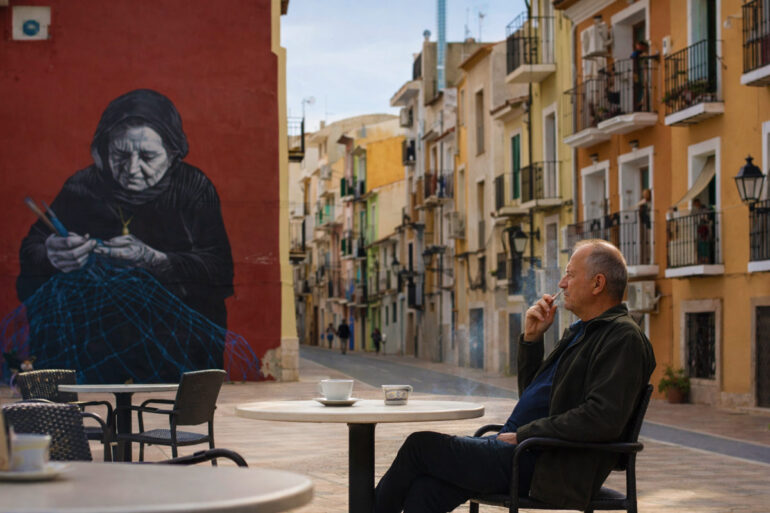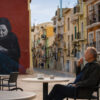Listeners:
Top listeners:
00:00
00:00
volume_up
chevron_left
-
 play_arrow
play_arrow
Costa Blanca Radio The Sound Of The Costa
-
 play_arrow
play_arrow
FeelGood Radio The Sound Of The Costa
music_note
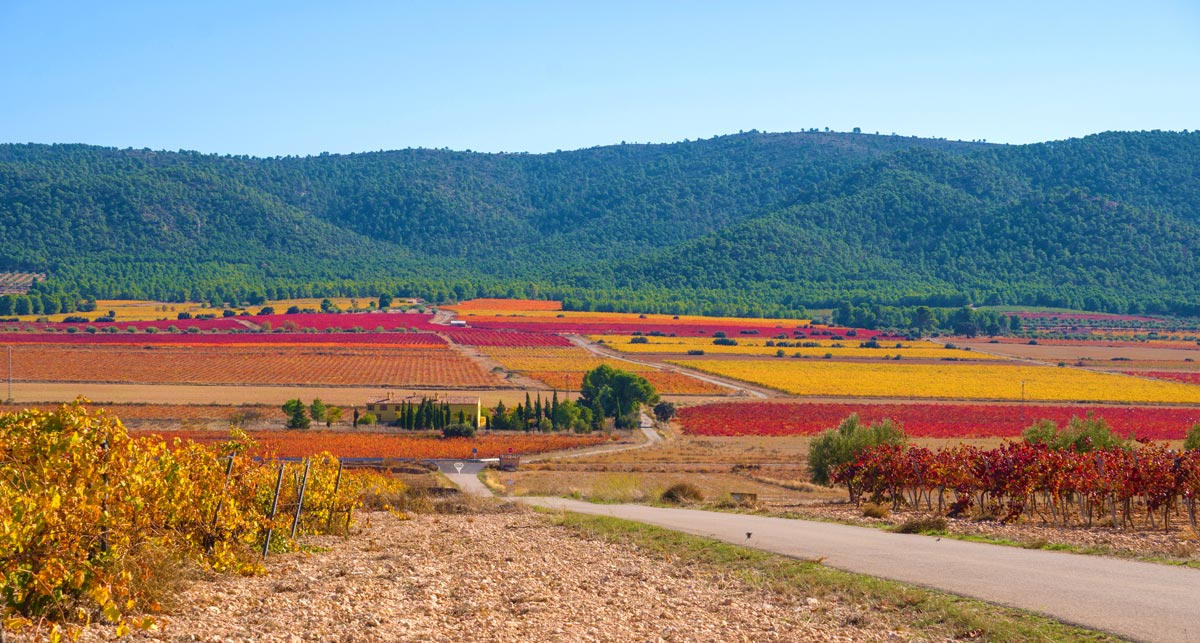
share
close
Some journeys begin without you even realising it. A glass of wine, the scent of earth, a name on a label — and suddenly you’re on your way. As I travel along Spain’s ancient wine routes, I’m struck by how wine here isn’t just something to drink, but something to experience. It travels with history, winds through time and landscape, and tells along the way what words sometimes cannot.
The Roman traces
Long before we ever tasted these wines, Roman traders carried amphorae filled with young wine from Hispania to the emperors of the empire. Along the Via Augusta — the route that stretched from Cádiz to the Pyrenees — carts rolled by laden with jugs, olive oil and grain. In coastal towns like Cartagena and Tarragona, archaeological remains still bear witness to that era. Walk there today and you can almost hear the echo of wooden wheels on stone, and the bustle of harbours where wine, salt and sea met.
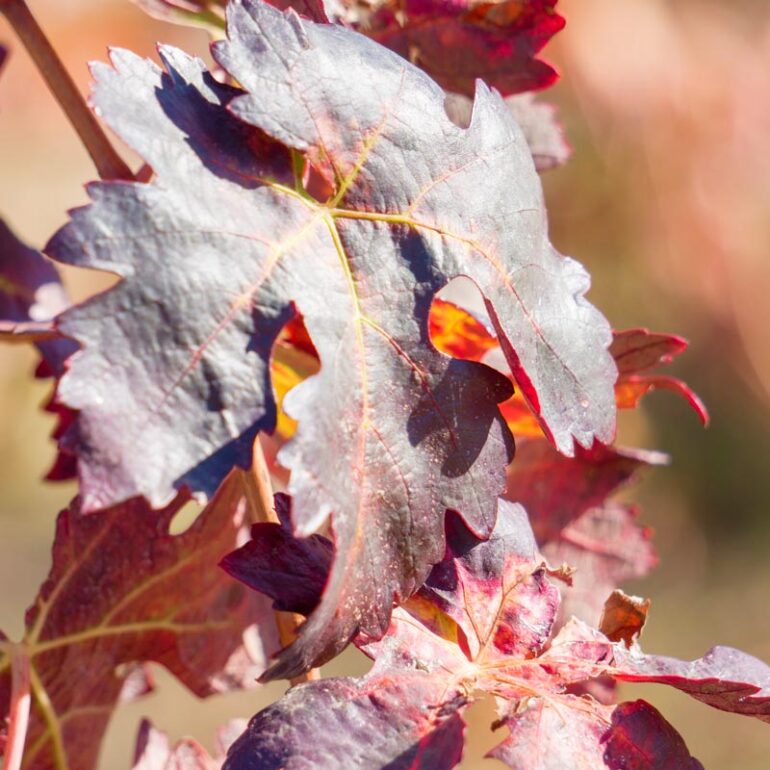
Monks, pilgrims and the wine of faith
Centuries later, in the Middle Ages, the monks took over. They brought not only faith but also winemaking back to life. In monasteries along the Camino de Santiago, wine was pressed for mass — and for the travellers making their way to the Holy Tomb. Wine there was comfort, symbol and sustenance. Drive through Navarra or Rioja today, and you can still see the shadow of those ancient vineyards across the landscape.
The wine routes of today
Today’s Rutas del Vino are more than tourist trails. They are the heirs of those same ancient routes. In Alicante, you follow the path of the Romans; in Jerez, you taste traces of the Arab and Andalusian heritage; in La Rioja, you catch the scent of monks and pilgrims. Each region tells its own story, yet they all speak the same language — that of earth, sun and time.
I often realise how little has truly changed. The wine still travels — only now not by donkey or cart, but by bottle and by memory. The road remains, and the people keep walking.
“Valencian Tuscany”
Between the mountains and the inland valleys of Alicante lies a region increasingly nicknamed the “Valencian Tuscany”: Fontanars dels Alforins (see the photos with this story). Here the landscape rolls in gentle waves of vineyards, olive groves and cypress trees, with old farmhouses that still recall the days of hand harvesting. The air smells of rosemary and earth, and the silence feels almost tangible. Yet this is no forgotten land — on the contrary. New winemakers have rediscovered these ancient soils and are bringing them back to life with respect for tradition and nature.
Wine as memory
Each wine region preserves its own history in scent and taste: the salty notes of the coast, the dusty accents of the inland plains, the herbal aromas of the mountains. When you raise a glass, you taste not just the grape, but the journey it has taken. And perhaps that’s why—because wine moves, ages, transforms—it always feels alive.
Sometimes I think wine is the most patient traveler of all. For centuries it has listened to people’s stories—without ever saying a word itself.
This story is part of the The Sound Of The Costa Wine Special . All month long, the stories on CostaLifestyle are dedicated to wine — in collaboration with Grupo BonAmb.
Written by: Eva van Rijn
culture history spain Viva Cultura win routes wine wine month
Rate it
Similar posts
© 2025 The Sound Of The Costa; All Rights Reserved

